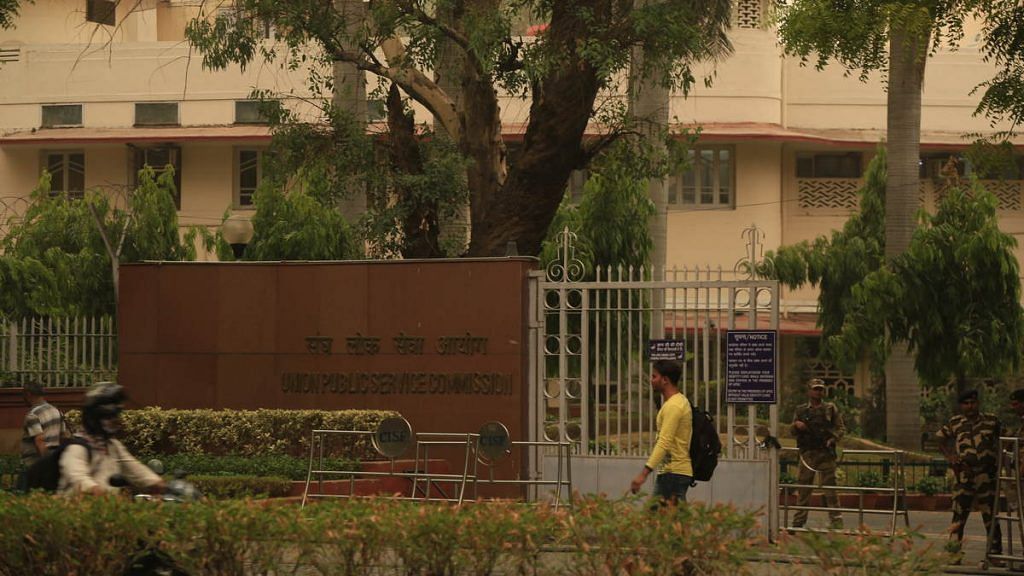New Delhi: The Delhi High Court Friday cancelled the cadre allocation of IAS and IPS officers of the 2017 batch, and directed the central government to undertake the exercise afresh.
The order came in response to a petition filed by IAS and IPS officers from the 2017 batch, who claim that the government allocated cadres to them in “an arbitrary and illegal” manner. According to the petitioners, they were not given the cadres of their choice even as those lower in the merit standings got the same.
The confusion has arisen out of a 2017 order by the central government that had changed the cadre-allocation policy for IAS, IPS and other central services from state-wise to zone-wise. The existing 26 cadres of the All-India Services were divided into five zones, and candidates were required to select one state/cadre from a zone as their first choice. Their second, third, fourth and fifth choices had to be from different zones.
While it was largely believed that the shift in policy was a measure to ensure “national integration” in bureaucracy, the government did not formally explain the reasons behind the change.
Also read: Modi govt struggles to fill IAS-IPS vacancies but UPSC recruitment falls by nearly half
‘Unreasonable & arbitrary’
Highlighting this, the court order has said, “As noticed above, the object and purpose of the new Cadre Allocation Policy – 2017 was never made public by the respondents.”
“The object & purpose of a legislation, which is not disclosed and which remains within the confines of an office file, cannot be pressed into service to advance an interpretation, which otherwise, is clearly not made out on a plain and grammatical reading of the disclosed policy,” it added.
“We agree with the petitioners that the interpretation and implementation of the Cadre Allocation Policy – 2017 resorted to by the respondents is unreasonable and arbitrary since the more meritorious candidates have been denied the cadres to which they were otherwise entitled according to their preference, and the same have been allocated to the less meritorious candidates,” the order states.
It also pointed towards the lack of clarity in the government policy, whereby the candidates were not given clear instructions about how to specify that a certain zone was not preferred.
